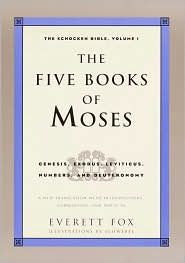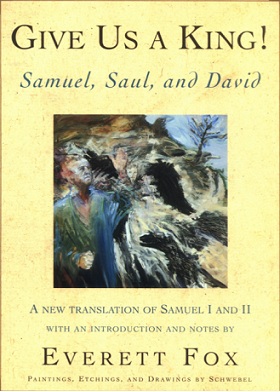Instead of trying to find "the most literal version", the thread turned into, "hey guys, recommend me a version". You can never control what your thread turns into. Well, anyhow, my problem was that I ended up looking at mainly the new testament since that is where the controversy is of what base texts. From my first two posts on this thread I was looking at the The Christian Bible vs. the ALT3. I ended up choosing the ALTD as my New Testament choice. Publisher's site http://www.lulu.com/us/en/shop/gary...ion-paperback/paperback/product-18962654.html
I'm not going to try to prove why this is my choice of why I reject the Critical Texts. A most likely small known fact I'd like to point out is here is a difference between Byzantine and Textus Receptus. Here is something I found about it. I'm not sure how many of the distinct differences are translatable.
Here is a comparison of the Scrivener 1881 Text(KJV converted back to Greek) vs. the Byzantine Textform 2005 (updated Majority Text).
These are actually pretty good numbers, and I think it makes the case *FOR* using a Byzantine like RP2005. Here is a summary of the comparison for the Gospels:
In Matthew, there are 159 differences between RP2005 and Scriv1881. But 109 of those differences are either the kind of mistakes that two copyists could make copying from the same exemplar (involving itacism, orthography, word-division, and parableptic error), or, in four cases, occur where Byz is divided. 46 are distinctive disagreements.
In Mark, there are 142 differences between RP2005 and Scriv1881. But 69 are either the kind of mistakes that two copyists could make copying from the same exemplar (involving itacism, orthography, word-division, and parableptic error), or, in 11 cases, occur where Byz is divided. 73 are distinctive disagreements.
In Luke, there are 221 differences between RP2005 and Scriv1881. But 67 are either the kind of mistakes that two copyists could make copying from the same exemplar (involving itacism, orthography, word-division, and parableptic error), or, in 15 cases, occur where Byz is divided. 140 are distinctive disagreements.
In John, there are 158 differences between RP2005 and Scriv1881. But 51 are either the kind of mistakes that two copyists could make copying from the same exemplar (involving itacisms, orthography, word-division, and parableptic error), or occur where Byz is divided. 107 are distinctive disagreements.
So in the Gospels as a whole, Scrivener's TR varies from R-P's Byzantine text 680 times, and in 366 of these cases, the TR contains a distinctly non-Byzantine reading (i.e., a reading that implies non-Byzantine ancestry). So when you collate, you are looking at only the differences. If R-P is a good representation of the typical Byzantine tradition, then your analysis says that the typical Byzantine manuscript will likely have about 700 differences between it and the TR, of which roughly 1/2 will be TR specific.
How big a difference is that? Well, betweenNA25 and NA27, there are 115 differences in Mt., 82 differences in Mk., 97 differences in Luke, and 114 differences in Jn. -- 408 in all. But I'm pretty sure that the textual character of any MS could be identified confidently whether it was collated against NA25 or against NA27. So the 680 differences (or, the 366 distinct differences) between Scrivener's TR and R-P's Byz in the Gospels probably are not big enough, collectively, to obscure the textual character of complete Gospels-MSS collated against the TR."






